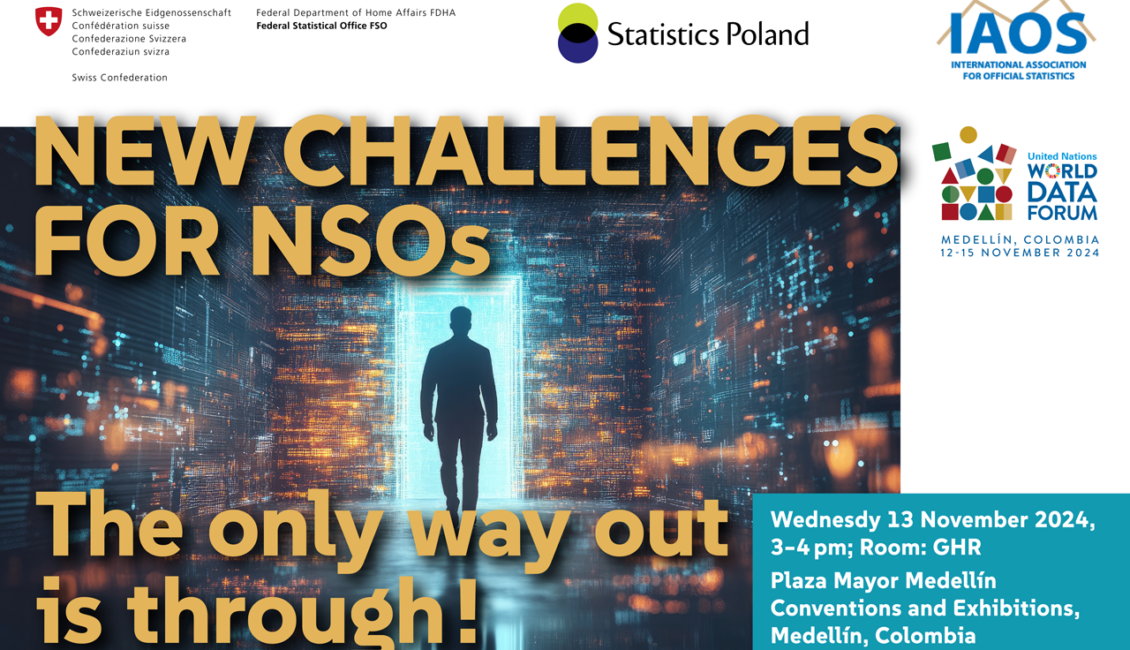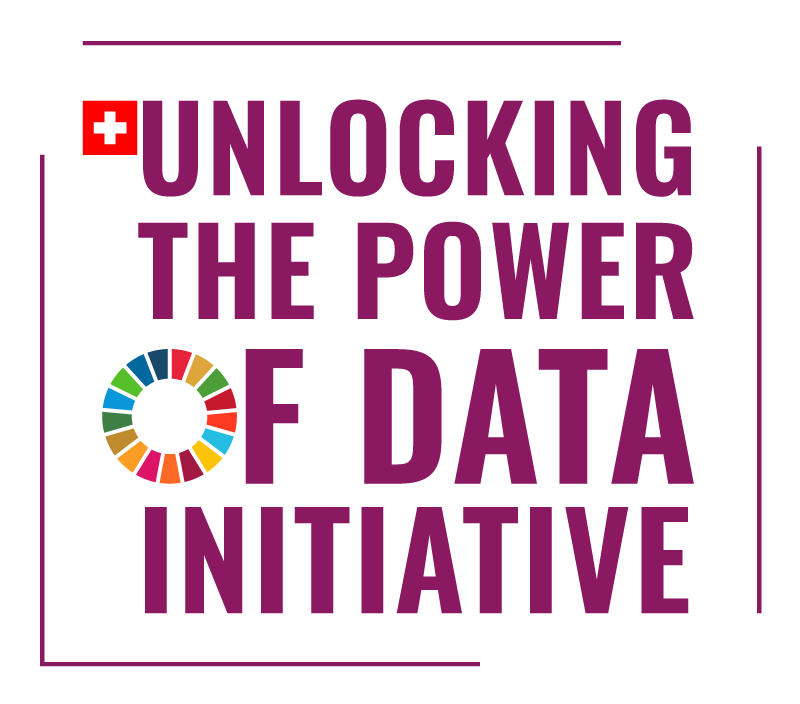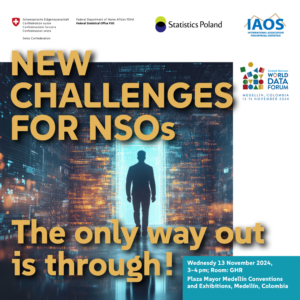
[Len’s] work’s a man’s, of course, from sun to sun,
But he works when he works as hard as I do–
Though there’s small profit in comparisons.
(Women and men will make them all the same.)
But work ain’t all. Len undertakes too much.
…
[Len] says the best way out is always through.
And I agree to that, or in so far
As that I can see no way out but through —
Leastways for me.
…
I almost think if I could do like you,
Drop everything and live out on the ground–
But it might be, come night, I shouldn’t like it,
Or a long rain. I should soon get enough,
And be glad of a good roof overhead.
Robert Frost’s poem “Servant to Servant” is often cited as the source of the quote, “The only way out is through.” It is the rambling thoughts of a woman who keeps house for her husband and his workers. She is a “servant to servants,” who recognizes that a “woman’s work is never done”. The question for us is now: Are NSOs the servant to servants? And if yes, let’s talk about our tasks and challenges!
Discussing new roles of the official statistics in the changing data ecosystems has been a recurrent topic of the international debate in the recent years. Statisticians understand that they need to re-define themselves in order to better deliver their mission, which can be summarised as “informing the public with the best quality information based on facts, ensuring the primordial right to the solid information”. However, demographic shifts, social and economic instability, climate change, geopolitics, and last but not the least, the impact of technological disruption as artificial intelligence must be mentioned to back the assumption that the redefinition of the official statistics should involve a wider spectrum of factors and phenomena, in order to make NSOs competitive on the information market.
The examples of a paradigm shift in thinking about data and statistics for the common, public good can be concepts of “data governance”, “interoperability” and “common data spaces”. In view of the above, it becomes key to explore why the global governance is beneficial. In order to guarantee the flow of data across the sectors and therefore enable seam-less communication and data sharing between different public sector organisations, these data spaces have to be interoperable. This is crucial in order to achieve more efficient and effective service provision.
Speakers:
- Georges-Simon Ulrich, Director General of the Swiss Federal Statistical Office and Chair of the UN Statistical Commission
- Dominik Rozkrut, President of Statistics Poland and President of the International Association for Official Statistics (IAOS)
- Anu Peltola, Director UNCTAD Statistics
- Sian Rasdale, Chief Statistician and Deputy Director at the Centre for Data and Analysis in the Foreign, Commonwealth and Development Office (FCDO)
- Elsa Dhuli, General Director of the Albanian Institute of Statistics (INSTAT) and and co-chair of the High-level Group for Partnership, Coordination and Capacity-Building for statistics for the 2030 Agenda for Sustainable Development (HLG-PCCB)
Moderation:
• Olga Świerkot-Strużewska, Director of International Relations and Statistical Cooperation Department, Statistics Poland
• Benjamin Rothen, Ambassador and Head of national and international affairs at Swiss Federal Statistical Office
Website of co-organiser : Statistics Poland
Website of IAO : IAOS – International Association for Official Statistics (iaos-isi.org)
This event is part of the 5th UN World Data Forum, in Medellin.
If you have any questions, please contact upd-initiative@bfs.admin.ch


